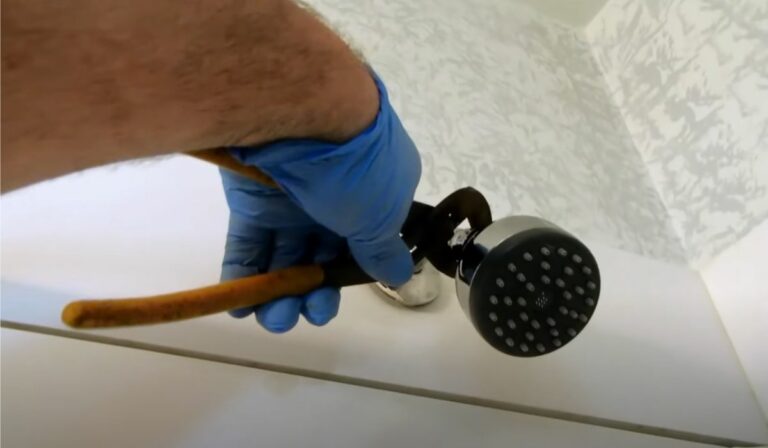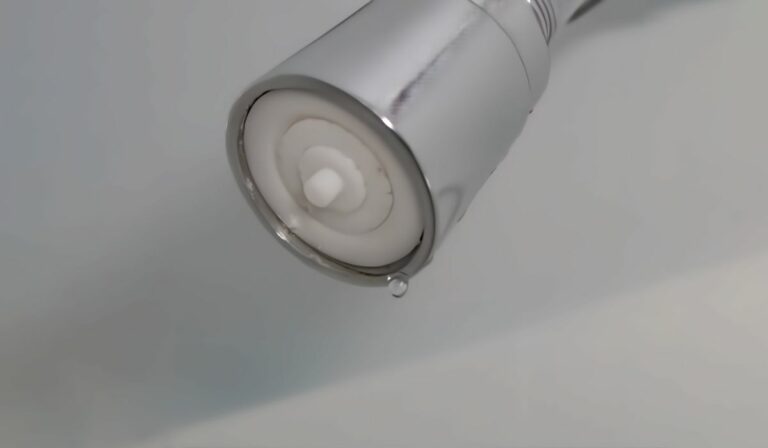What Percent of People Pee in the Shower
You might be surprised to learn that about 20-30% of people pee in the shower at least once. It’s a surprisingly common habit, especially among younger folks and men. Many do it for convenience, water saving, or simply out of habit. While it’s generally harmless when you keep your shower clean, cultural attitudes can vary widely. If you want to understand why so many do it and what others think, there’s more insight ahead.
Survey Results on Shower Urination
How common is peeing in the shower? Survey results reveal it’s more widespread than you might think. When asked, many people admit to occasionally or regularly urinating while showering.
In fact, some studies show that roughly 20 to 30 percent of respondents have done it at least once. You might wonder why people do it—convenience and saving time are common reasons.
Some also point to water conservation since flushing less can help reduce waste. These surveys often highlight that shower urination isn’t just a quirky habit but a fairly normal behavior shared by a significant portion of the population.
Demographic Trends and Variations
The habit of peeing in the shower varies noticeably among different groups of people. You might find that younger individuals are more likely to engage in this behavior than older adults, possibly due to evolving social norms and comfort levels.
Men tend to report this habit more frequently than women, which could relate to convenience or cultural factors.
Additionally, geographic location plays a role; people in urban areas often show higher rates than those in rural settings, perhaps influenced by lifestyle differences.
Education and socioeconomic status also contribute, with some studies suggesting that those with higher education levels are less inclined to pee in the shower.
Understanding these demographic trends helps you see how widespread and diverse the practice really is, reflecting a mix of personal and cultural influences.
Common Reasons Behind the Habit
Because it saves time and water, many people choose to pee in the shower without giving it much thought. You might find it convenient to multitask—taking care of bodily functions while washing up.
For some, it’s simply about efficiency; why waste extra time or flush when you don’t have to? Others might see it as an environmentally friendly choice, reducing water usage by skipping a toilet flush.
You may also notice that it feels natural or less awkward when you’re already in a private space.
Additionally, some people grow up in households where this habit is normalized, so it becomes second nature.
Ultimately, the reasons vary, but they often boil down to practicality, environmental awareness, and comfort within your personal routine.
Health Perspectives and Hygiene Considerations
While convenience and environmental benefits appeal to many, you might wonder about the health and hygiene implications of peeing in the shower. Generally, urine is sterile when it leaves your body, so it’s unlikely to introduce harmful bacteria.
However, if you have a urinary tract infection, bacteria could be present, which means hygiene becomes more important. To stay safe, make sure your shower is cleaned regularly to prevent buildup of any residue or odors.
Also, avoid peeing directly on open wounds or skin irritations to prevent infections. Since urine is mostly water and waste products, it usually washes away quickly with your shower water.
Cultural Attitudes Toward Peeing in the Shower
Although you might find peeing in the shower normal or even practical, cultural attitudes about this habit vary widely around the world. In some places, people see it as a harmless, eco-friendly way to save water, even joking about it among friends.
However, other cultures consider it unhygienic or disrespectful, viewing the shower as a strictly clean space. You might notice that in more conservative societies, this behavior is rarely discussed openly and often frowned upon.
Meanwhile, in more relaxed environments, it can be a casual topic, reflecting different comfort levels with bodily functions. Understanding these cultural nuances helps you navigate social situations and respect diverse perspectives on what’s considered acceptable in personal hygiene.
Frequently Asked Questions
Does Peeing in the Shower Save Water?
Yes, peeing in the shower can save water since you skip flushing the toilet. By cutting down on flushes, you conserve gallons daily. Just remember to keep your shower clean and hygienic while doing it.
Can Shower Urine Cause Plumbing Issues?
You won’t usually face plumbing issues from shower urine since it’s mostly water-soluble and diluted. However, frequent buildup or mixing with soap scum might cause minor clogs, so regular cleaning helps keep your drains clear and flowing smoothly.
How Does Shower Temperature Affect Urine?
You’ll find that warmer shower temperatures can cause urine to evaporate faster, reducing odor. Cooler water slows evaporation, potentially increasing smell. Either way, temperature affects how quickly urine breaks down in your shower environment.
Are There Specific Shower Types Better for Urination?
You’ll find that walk-in showers with good drainage and non-slip floors are better for urination. They make cleanup easier and reduce slip risks, so you can feel more comfortable if you choose to pee while showering.
What Is the Historical Origin of This Habit?
You’ll find that peeing in the shower dates back to ancient times when water conservation was crucial. People embraced this habit to save water and time, making it a practical choice rather than a modern convenience.
Conclusion
Now that you know many people pee in the shower, you might feel less alone if you do it too. Whether it’s for convenience, saving water, or just habit, this practice isn’t as uncommon as you’d think. Just remember to keep hygiene in mind to stay healthy. Cultural views vary, but ultimately, it’s a personal choice. So next time you step in, you can decide what feels right for you.


